Amendment to the 2013 Constitution: Party's Will, People's Heart
Informing the press, Minister of Justice Nguyen Hai Ninh said that, through synthesizing reports from agencies, ministries, branches, and localities, as of June 5, 2025, the total number of comments from agencies, organizations, and individuals on the contents of the draft Resolution was more than 280 million comments.
“ In particular, the public consultation via the VNeID application has attracted more than 20 million citizens to contribute their opinions. In particular, the content of amending and supplementing Article 9 of the 2013 Constitution on the Vietnam Fatherland Front and its member organizations has received the most attention and comments from many agencies, organizations and individuals, ” Minister Nguyen Hai Ninh emphasized.
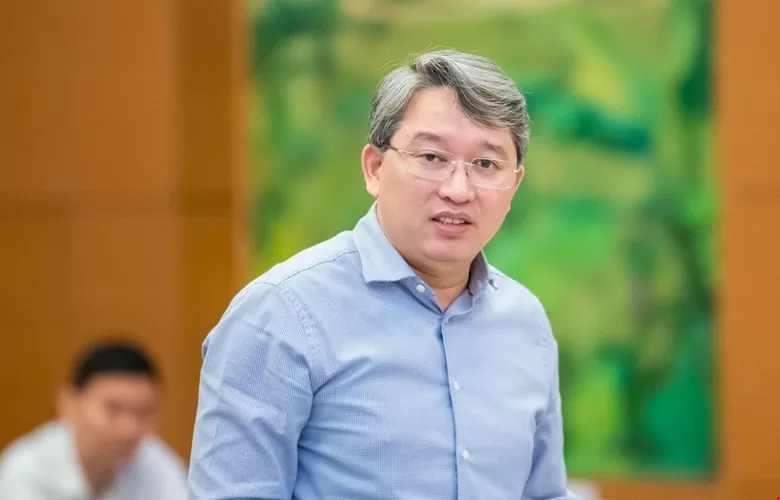 |
| Minister Nguyen Hai Ninh shares about the work of collecting public opinions on the content of amending the 2013 Constitution. Photo: Pham Thang |
According to Minister Nguyen Hai Ninh, on average, the approval rate for the contents of the draft Resolution reached 99.75%. This affirmed that the policy of amending and supplementing a number of articles of the 2013 Constitution has correctly reflected the " Party's will and the people's heart ", reflecting the high consensus and unity of all classes of people, sectors and levels.
Accordingly, the Government agrees with the content of amending and supplementing Article 110 of the Constitution in the draft Resolution to institutionalize the policy of arranging and streamlining the organization and apparatus of the political system according to Resolution No. 60-NQ/TW.
The general provision, without specifically listing the names of administrative units, creates flexibility in case it is necessary to adjust the administrative unit model to suit new realities and requirements without having to amend the Constitution.
Mr. Nguyen Hai Ninh informed that the National Assembly can decide to adjust the organization of administrative units through laws or resolutions flexibly, suitable to the specific situation of each period.
However, the Government proposes to maintain the provision in Clause 2, Article 110 of the 2013 Constitution on "The establishment, dissolution, merger, division, and adjustment of administrative boundaries must consult with local people and follow the order and procedures prescribed by law", to ensure the people's right to mastery, as a basis for people to openly and democratically discuss important issues directly related to the people.
In addition, it is proposed to accept and maintain the regulations on the right to question of People's Council delegates to the Chairman of the People's Committee, other members of the People's Committee, Chief Justice of the People's Court, Chief Prosecutor of the People's Procuracy and Heads of agencies under the People's Committee, as a basis for concretization in the Law on Organization of Local Government and other relevant laws.
At the same time, supplement specific regulations on the organization of local government in special zones in the draft Law on Organization of Local Government in the direction: " In special zones, where the election of People's Council deputies cannot be organized due to conditions, the People's Committee at the provincial level shall specifically regulate the implementation of tasks, powers, organization and operation of the People's Committee, the Chairman of the People's Committee, and specialized agencies under the People's Committee of the special zone; the Chairman of the People's Committee at the provincial level shall appoint, dismiss, transfer, reward, discipline, and remove the Chairman, Vice Chairman, and members of the People's Committee of the special zone ."
Regarding some other contents, the Government also agreed to amend and supplement Articles 111, 112 and 114 of the 2013 Constitution in the direction of regulating the organization of local government including People's Councils and People's Committees; not using the term "local government level" to express the unity of the local government organization model, avoiding confusion and creating different understandings of the local government organization; reviewing and adjusting some regulations to be consistent with the organizational model of the political system after the implementation of arrangement and streamlining. Basically keeping the regulations on organizational principles and working regime of People's Councils and People's Committees at provincial and communal levels as at present.
Regarding the effective date and transitional provisions (Article 2 of the draft Resolution), the Government agreed to determine the effective date of the Resolution amending and supplementing a number of articles of the 2013 Constitution as from July 1, 2025, in order to create a constitutional basis for implementing the Party's policy in Resolution No. 60-NQ/TW of the 11th Conference of the 13th Party Central Committee.
The Government agreed to stipulate the declaration of the termination of the current district-level administrative units nationwide. At the same time, it agreed to the content of the transitional provision (Clause 3, Article 2) stipulating the appointment of positions of the People's Council, People's Committee and Head and Deputy Head of the National Assembly Delegation, creating a legal basis for the consolidation of the organizational apparatus of agencies in the 2025 provincial and commune-level administrative unit arrangement and the consolidation of the organizational apparatus of the People's Council and People's Committee for the 2021-2026 term when there are no more district-level administrative units, ensuring the timely institutionalization of Conclusion No. 150-KL/TW dated April 14, 2025 of the Politburo guiding the development of personnel plans for provincial-level Party committees subject to consolidation and merger and newly established communes.
In addition, it is recommended that there should be a way to officially declare the end of operations of the current district-level administrative units nationwide to recognize the contributions of district-level administrative units in the process of building and defending the Fatherland.
Get opinions via VNeID: Convenient, transparent, modern
The Government believes that the amendment and supplementation of a number of articles of the 2013 Constitution this time needs to continue to be carefully reviewed in terms of constitutional techniques to both properly institutionalize the Party's major policies and orientations and to be consistent with the requirements of innovation in legislative thinking, in which the Constitution and laws need to focus on fundamental, highly stable provisions that fall under the decision-making authority of the National Assembly.
Although the scope of the amendment is not comprehensive, it still requires a modern, scientific approach to meet the requirements of sustainable development. The practice of synthesizing opinions from the People and all levels and sectors shows that, in addition to the 8 articles expected to be amended, many opinions propose to add other contents.
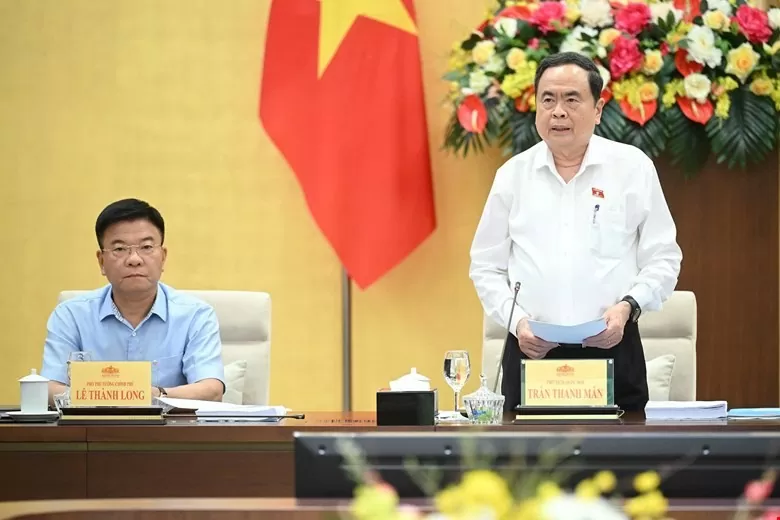 |
| National Assembly Chairman Tran Thanh Man chaired a meeting of the Committee for drafting amendments and supplements to a number of articles of the 2013 Constitution on the afternoon of June 9, 2025. Photo: Pham Thang |
However, to ensure progress and focus, the Government agreed to initially focus only on contents related to the organization of two-level local governments and streamlining the Vietnam Fatherland Front, political and social organizations and mass associations assigned by the Party and State.
" Other contents will continue to be researched and proposed at the appropriate time ," said Mr. Nguyen Hai Ninh.
The organization of collecting opinions on the draft Resolution has been implemented seriously, scientifically, democratically, closely following the direction of the Government and Plan No. 05/KH-UBDTSĐBSHP of the Committee for Drafting Amendments and Supplements to a Number of Articles of the 2013 Constitution. Ministries, branches and localities have mobilized the synchronous participation of the entire political system, promoted the responsibility of leaders, ensured the leadership of Party committees and close coordination between agencies and organizations.
In particular, the forms of collecting opinions are very diverse and flexible. As of May 29, 2025, the whole country has organized more than 288,000 conferences, seminars, and discussions to collect opinions. In particular, the application of information technology has been clearly effective: more than 20 million people have participated in giving opinions online through the VNeID application.
| " Gathering opinions via digital platforms not only helps people easily participate anytime, anywhere, but also affirms the determination to promote national digital transformation, effectively exploit the Population Database in important tasks such as amending the Constitution, contributing to improving publicity, transparency and social consensus in the law-making process" - Minister Nguyen Hai Ninh affirmed. |
Source: https://congthuong.vn/y-dang-long-dan-trong-qua-trinh-sua-doi-hien-phap-2013-391624.html












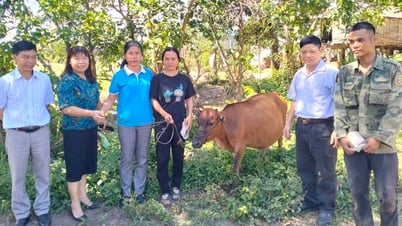
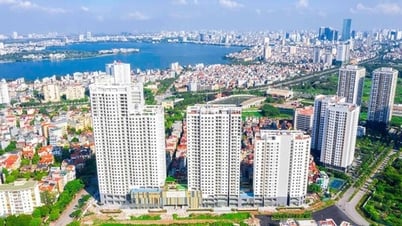










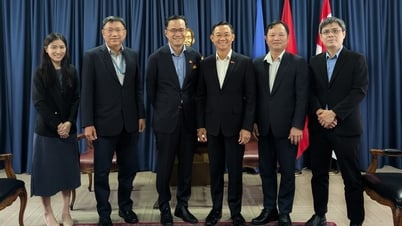










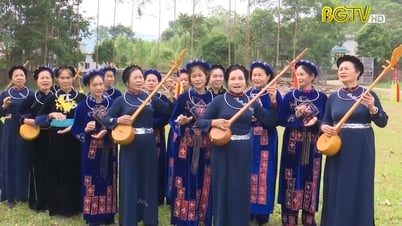

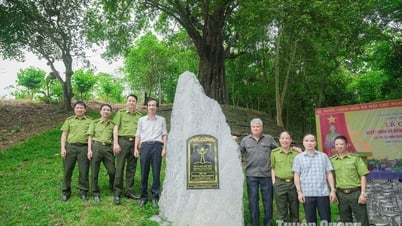



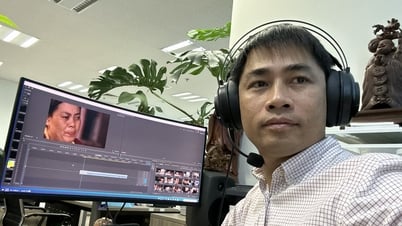

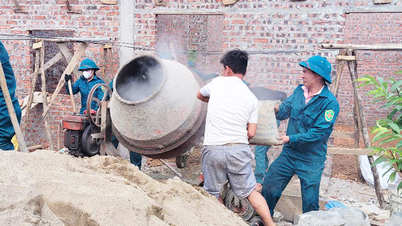

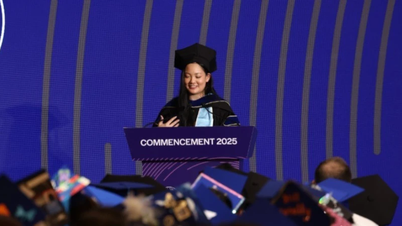


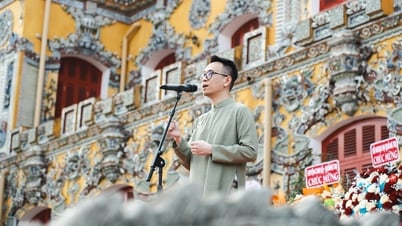






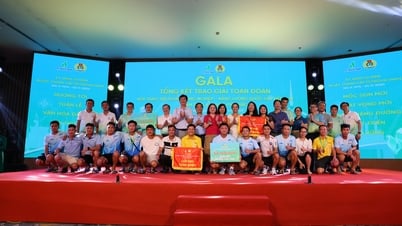



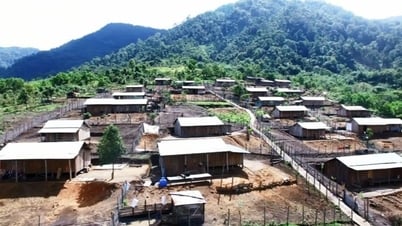
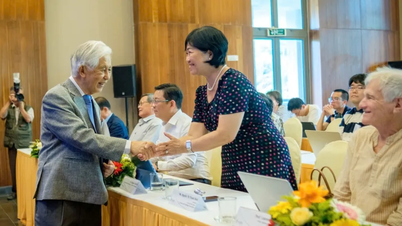
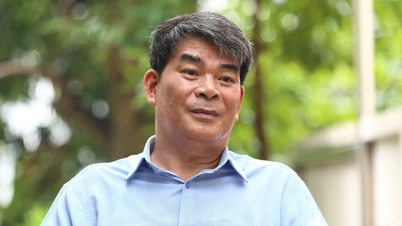


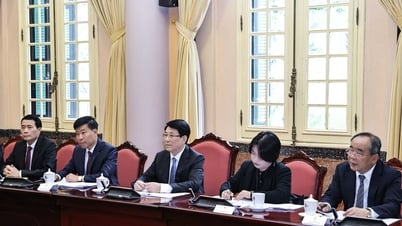


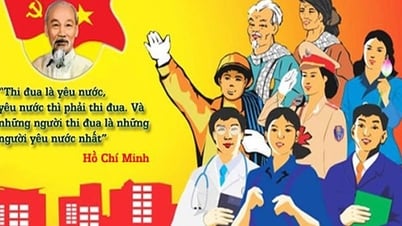

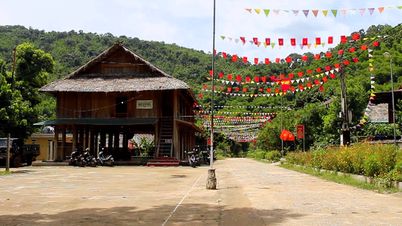
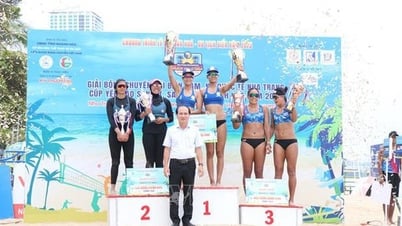

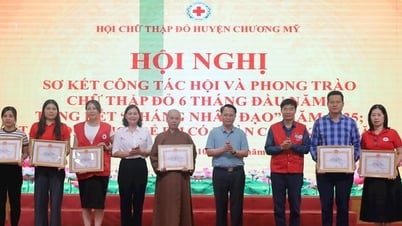

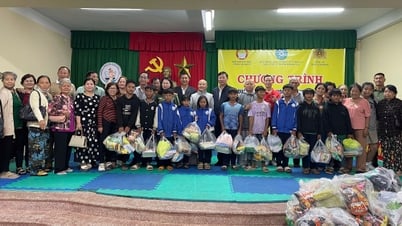

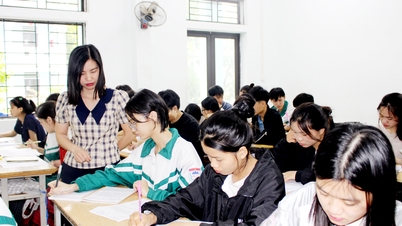





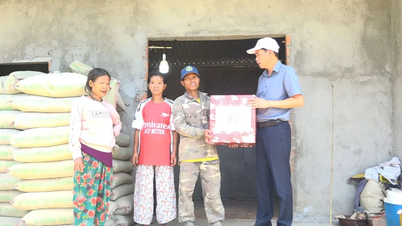
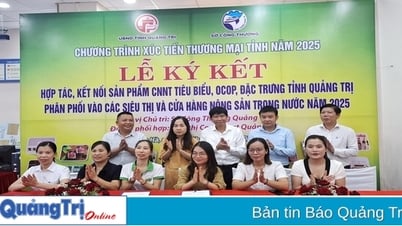






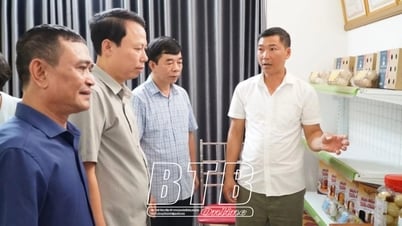




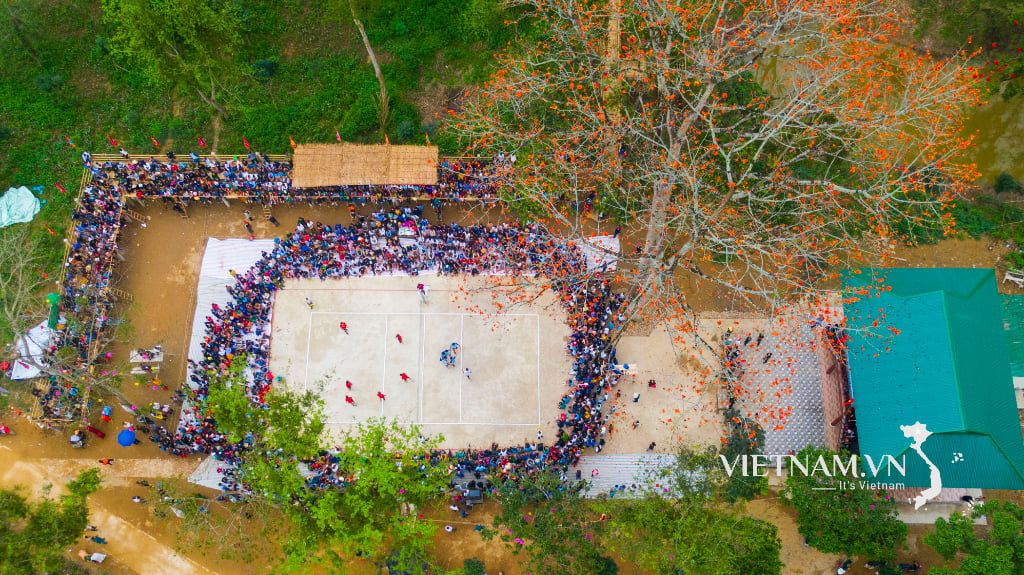
Comment (0)